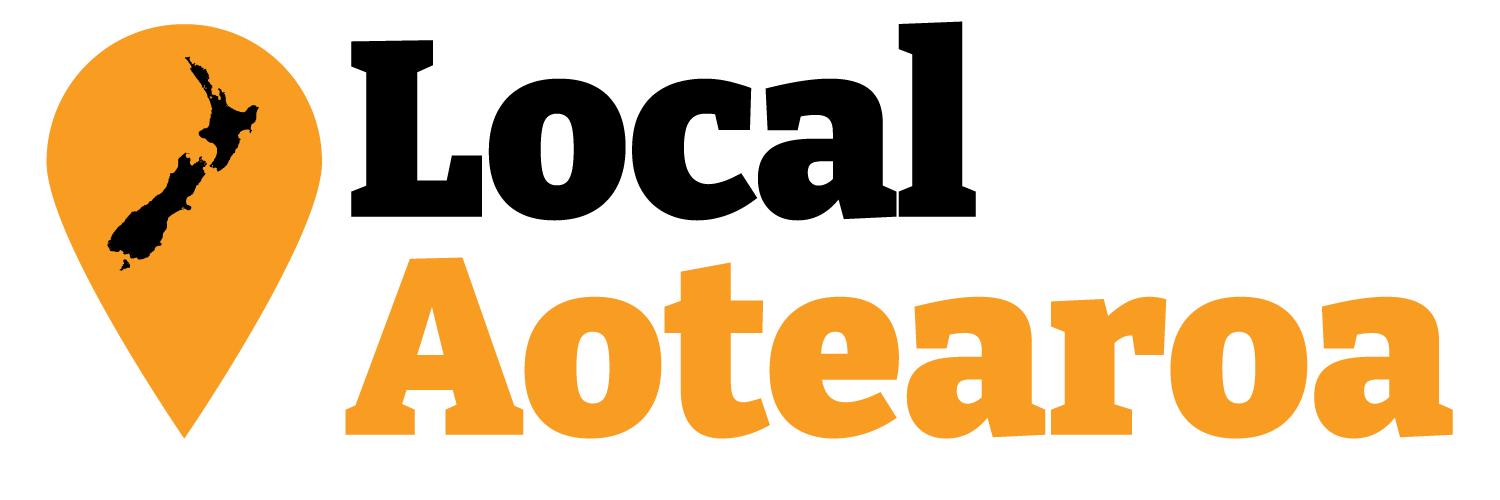Vision for Wellington, the allegedly apolitical advocacy group that’s meant to be campaigning for a brighter future for Wellington City, has been caught yet again in another controversy that further erodes what little credibility the group had left and leaves lingering questions over the sincerity, and ultimately competence, of those involved.
Kia ora
Welcome to Local Aotearoa. We’re currently in the process of experimenting with the site, so please excuse any hiccups along the way.














